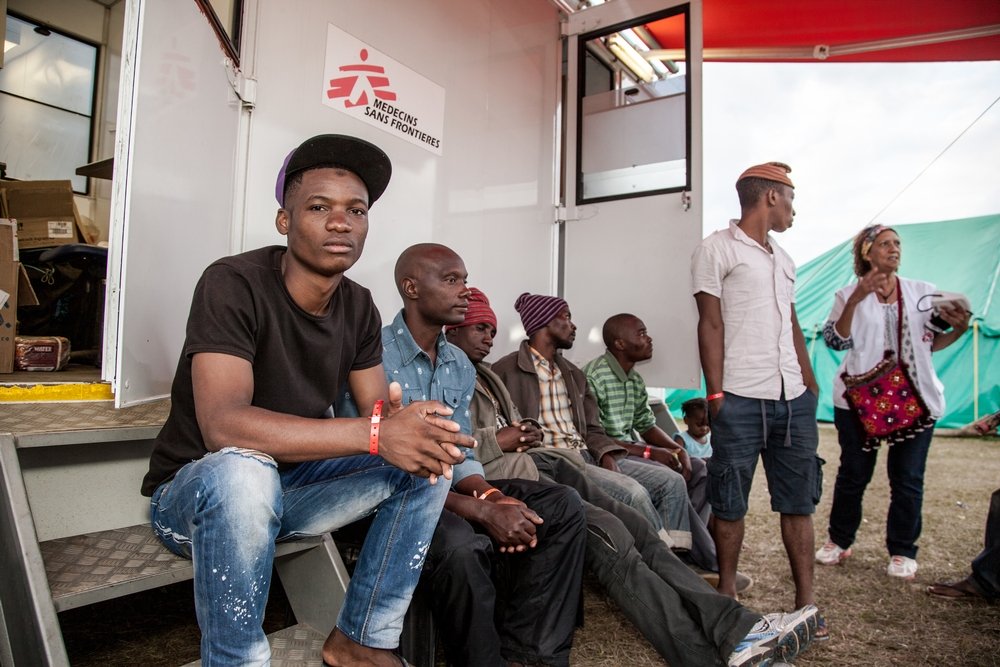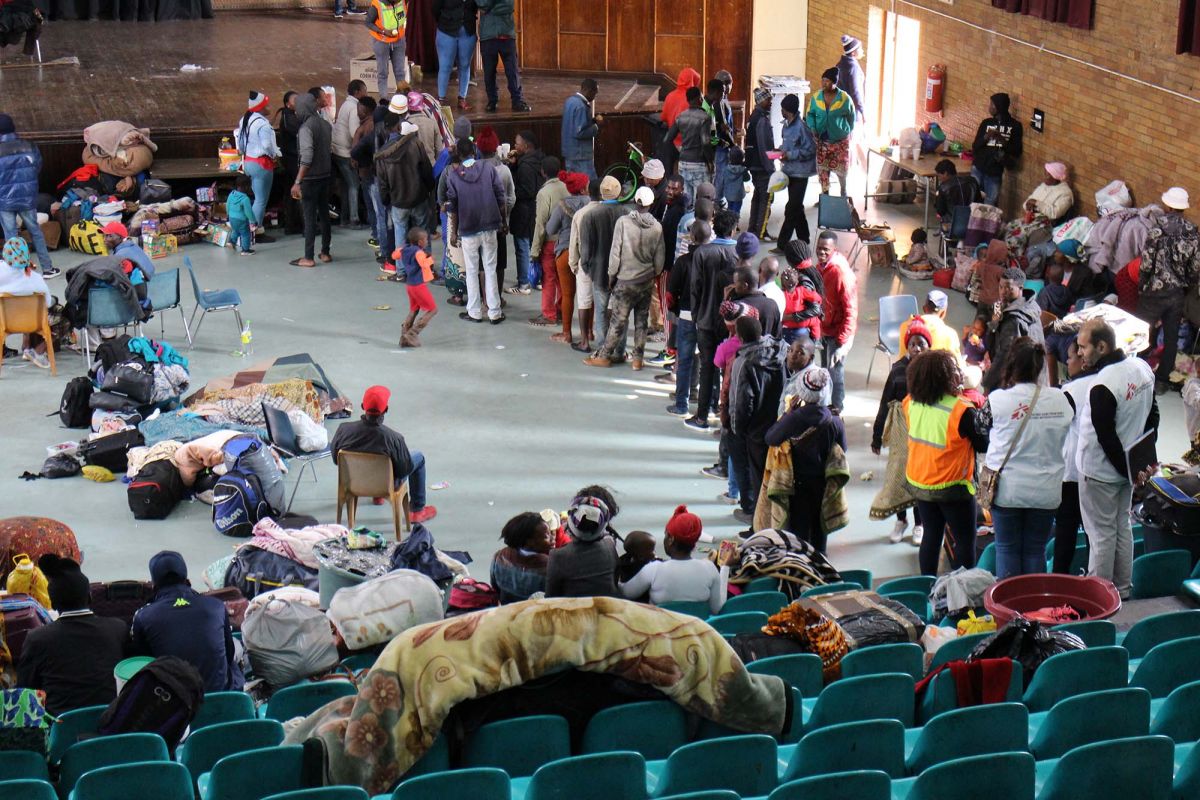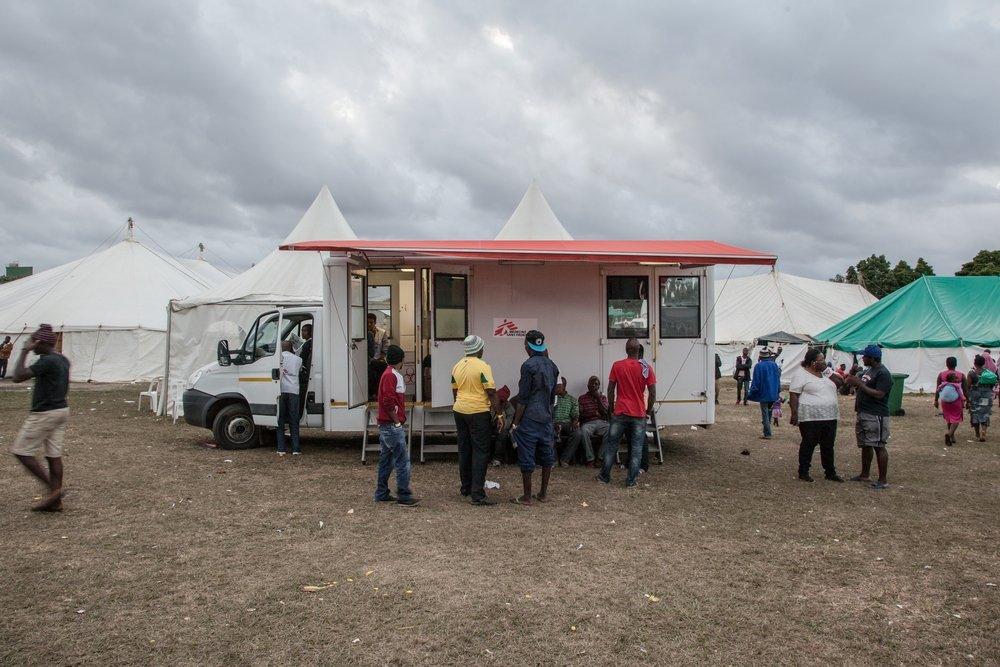South Africa’s proposed National Health Insurance (NHI) Bill aims to provide universal access to quality healthcare services for all living in South Africa. In August 2019, the draft NHI Bill was tabled before the South African parliament and is currently under consideration by the National Assembly’s Portfolio Committee on Health. As part of the parliamentary process, the Portfolio Committee invited stakeholders to send written submissions on the Bill.
Read MSF’s full NHI Bill submission.
MSF’s main concerns with the proposed Bill are the exclusion of asylum-seekers and undocumented migrants from NHI. The draft Bill states that “an asylum seeker or illegal foreigner is only entitled to (a) emergency medical services; and services for notifiable conditions of public health concern” (Chapter 2: Access to health care services – Population coverage 4(2)) which would require them to pay foreigner rates for all other medical services.

This not only poses a wider public health risk but also reneges on South Africa’s adoption of international covenants and commitment to human rights’ principles underpinning its constitutional values. It also contradicts the vision of universal health coverage behind the NHI bill.
Asylum-seekers and undocumented migrants are among the most vulnerable in society, having often fled conflict, war crimes, genocide, torture, crimes against humanity and/or other human rights violations. As an international medical humanitarian organisation, MSF witnesses on a daily basis how asylum-seekers and undocumented migrants already struggle to get access to health care and other services.
The NHI Bill as it stands today would provide legal sanction to exclude people from care and would force already vulnerable families into making impossible choices between health care, food or housing. Under the current draft, a pregnant woman might be able to call for an ambulance but would need to pay to give birth in a facility. A gunshot victim might be able to get emergency assistance but would need to pay for follow-up care.

Further, MSF believes that the provision of health care to individuals should not be subjected to the implementation of migration control, including biometric markers. As enshrined in the principles of medical ethics, health care must be provided on the basis of need alone, and not tied to or conditioned by residence status. Health care service providers, whether public or private should never be expected to play any part in the work of immigration enforcement, as it further eradicates trust between patients and health care professionals.
MSF strongly advocates for health care policies that ensure and guarantee the well-being, safety and dignity of all people regardless of their legal status and which uphold the right to the highest attainable standard of health for all people, without discrimination based on legal status.
